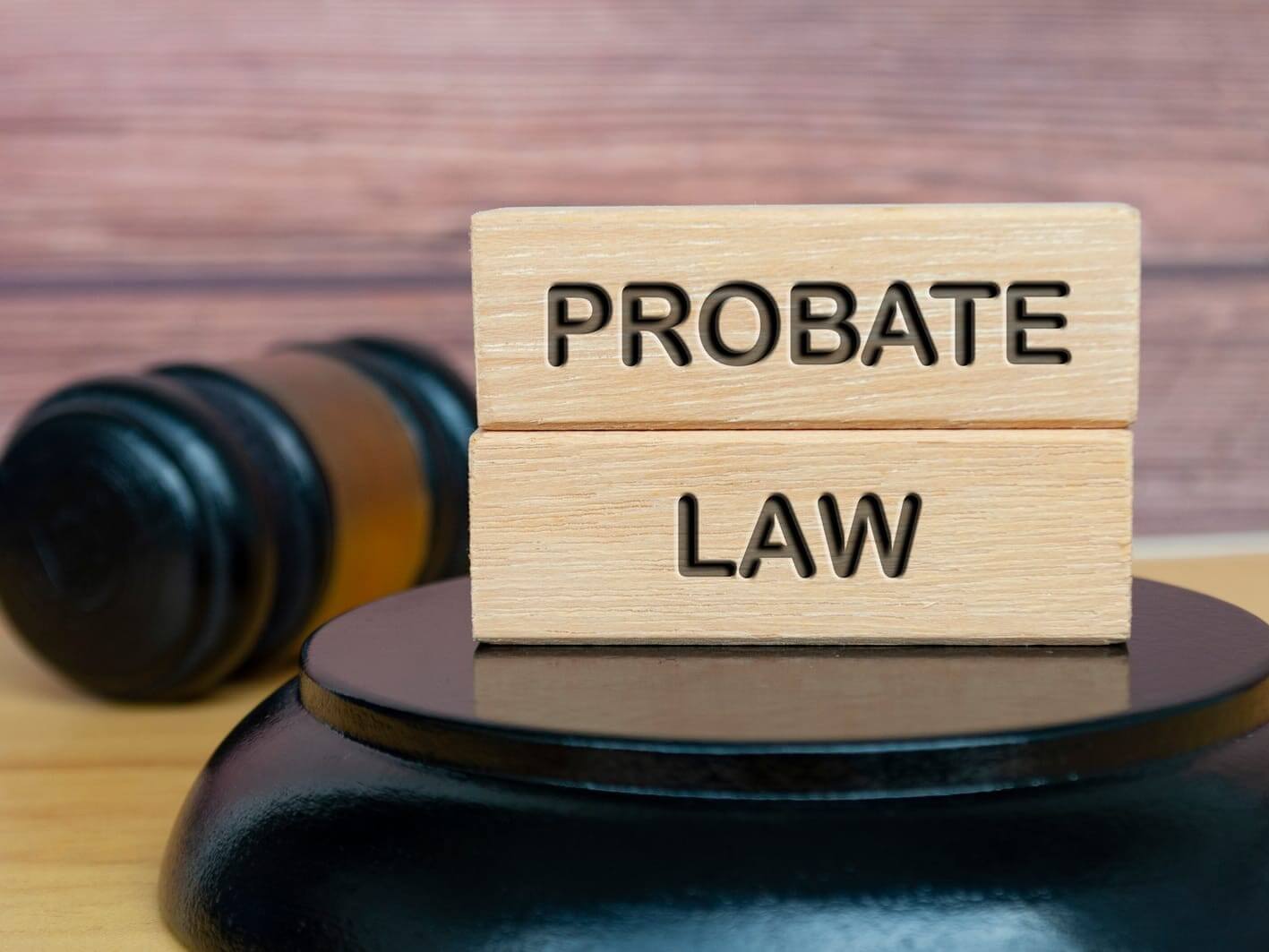
What Types of Assets Don’t Have to Go Through Probate in Texas?
Transfer-on-Death accounts allow the account holder to designate beneficiaries who will automatically inherit the assets upon the account holder’s death.
1533 N. Lee Trevino, Suite 201 - El Paso, TX 79936

Transfer-on-Death accounts allow the account holder to designate beneficiaries who will automatically inherit the assets upon the account holder’s death.

While most probate or estate disputes can be resolved without litigation, many times litigation may be necessary and serves as an essential mechanism for ensuring justice and fairness in honoring a loved one’s legacy.

Incorporating a prenup into your estate plan allows you to protect individual assets acquired before marriage while ensuring that both parties’ interests are considered in the event of divorce or death

For many Texans, choosing Probate as a Muniment of Title can save both time and money.

Ultimately, the necessity of probate in Texas depends on the specific assets involved and how they were owned or designated to be distributed.

Whether you’re the executor named in the will or a beneficiary, it’s essential to familiarize yourself with the Texas probate laws.

It’s important not to overlook the significance of properly titling deeds as part of your estate plan.

Guardianship in Texas is a legal relationship where a guardian is appointed by a court to make decisions on behalf of another person.

Probate litigation is the process of resolving disputes over the distribution of a deceased person’s estate.

The mediator is a neutral third party who helps the parties in a conflict to reach an agreement. They help the parties to clarify their issues, explore possible solutions, and reach a settlement.